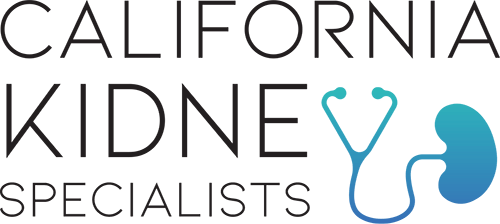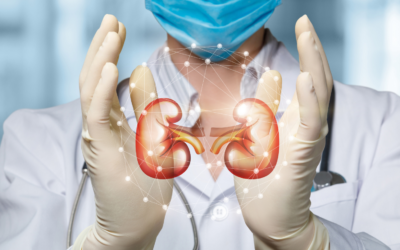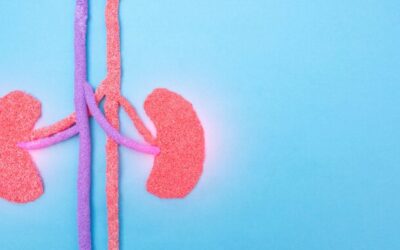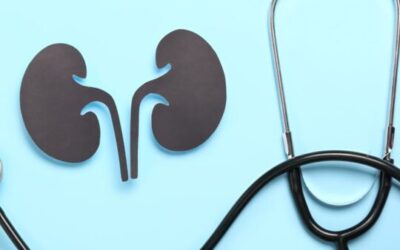Blog
Effective Kidney Stone Treatment: Finding Relief and Prevention
Kidney stones can be excruciatingly painful, and finding the right treatment is crucial for both relief and prevention. In this blog, we'll explore effective kidney stone treatment options, lifestyle changes for prevention, and provide valuable insights to help you...
Nephrology Excellence: Unveiling the Expertise of Kidney Specialists
In the realm of healthcare, the expertise of kidney specialists is indispensable. Nephrologists, also known as kidney specialists, play a crucial role in diagnosing, treating, and managing kidney-related disorders. As the leading authorities in renal care, these...
The Unsung Heroes: Understanding the Vital Role of Kidneys
The human body is a marvel of intricate systems working in harmony to maintain our health. Among these, the kidneys stand out as unsung heroes, tirelessly performing vital functions that keep us alive and well. In this blog, we delve into the fascinating world of...
Understanding Acute Kidney Injury: Causes, Symptoms, and Treatment
Acute Kidney Injury (AKI) is a serious medical condition characterized by a sudden and rapid decline in kidney function. Formerly known as acute renal failure, AKI can have severe consequences if not identified and managed promptly. In this blog, we will delve into...
Prioritizing Kidney Health at the Source: How Upstream Care Can Achieve Downstream Savings
Have you ever thought about your kidneys? Probably not until they start acting up. Our kidneys work hard behind the scenes, filtering waste and excess fluid from our blood to keep us healthy. But the truth is, most of us don't give them a second thought. The problem...
Finding the Best Pediatric Nephrologists for Your Child’s Glomerulonephritis Care
So your child was just diagnosed with glomerulonephritis. As a parent, you want the best care possible for them during this difficult time. Kidney disease in children is a serious business, and you need a pediatric nephrologist you can trust. But how do you find the...
The Role of Early Detection in Treating Diabetic Nephropathy
You've been living with diabetes for years now, doing your best to keep your blood sugar under control. But even with diligent management, diabetes can lead to complications like diabetic nephropathy, or kidney disease. The good news is the earlier it's detected, the...
Why Kidney Function Tests Are Important
Proper kidney function is an essential part of leading a healthy life, so it's important to get regular kidney function tests (KFTs) to detect any underlying issues. KFTs help identify any abnormalities in the kidneys, urinary tract, and other related organs. They can...
Tips for Caregivers of Patients Who Receive Regular Dialysis
Being a caregiver for a patient who is receiving regular dialysis can be a challenging task. Not only is it a time-consuming and physically demanding process, but it can also be emotionally draining. It is important to take care of yourself so that you have the energy...
Summertime Renal Health: How To Keep Your Kidneys Healthy In The Heat
Summertime can be tough on our bodies, especially when it comes to our kidneys. Kidneys need special care during the warmer months, as exposure to heat and dehydration is not good for them at all. While kidney transplantation is an important treatment option for...










